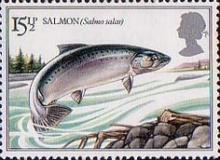Greater prairie chickens cannot persist in Illinois without help, researchers report
The greater prairie chicken (Tympanuchus cupido) once dominated the American Midwest, but today the bird is in trouble in many parts of its historic range. It is no longer found in Arkansas, Indiana, Kentucky, Michigan, Ohio, Tennessee, Texas or Wyoming, states where it once flourished. And in Illinois, an estimated 186 birds remain in two adjoining counties in the southern part of the state. "They used to be all over the state," said Illinois Natural History Survey conservation biologist Mark Davis, who participated in a genetic analysis of the Illinois birds.










